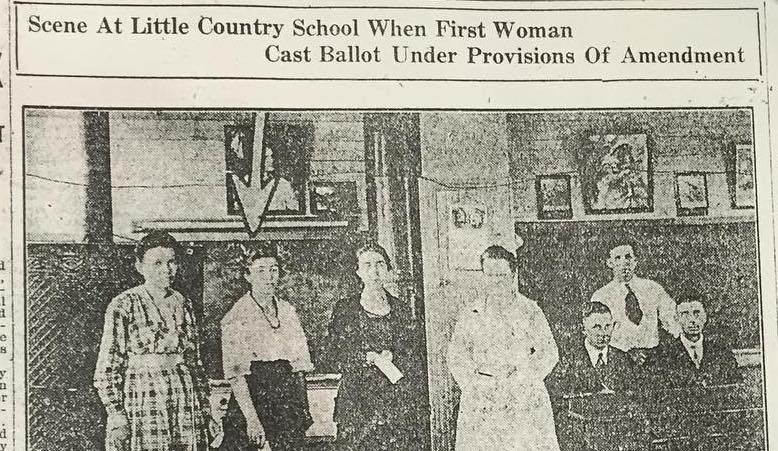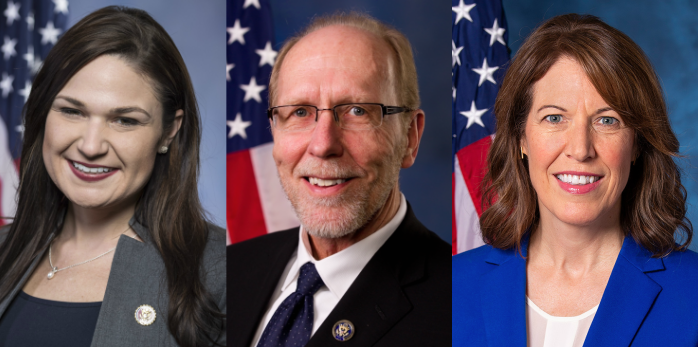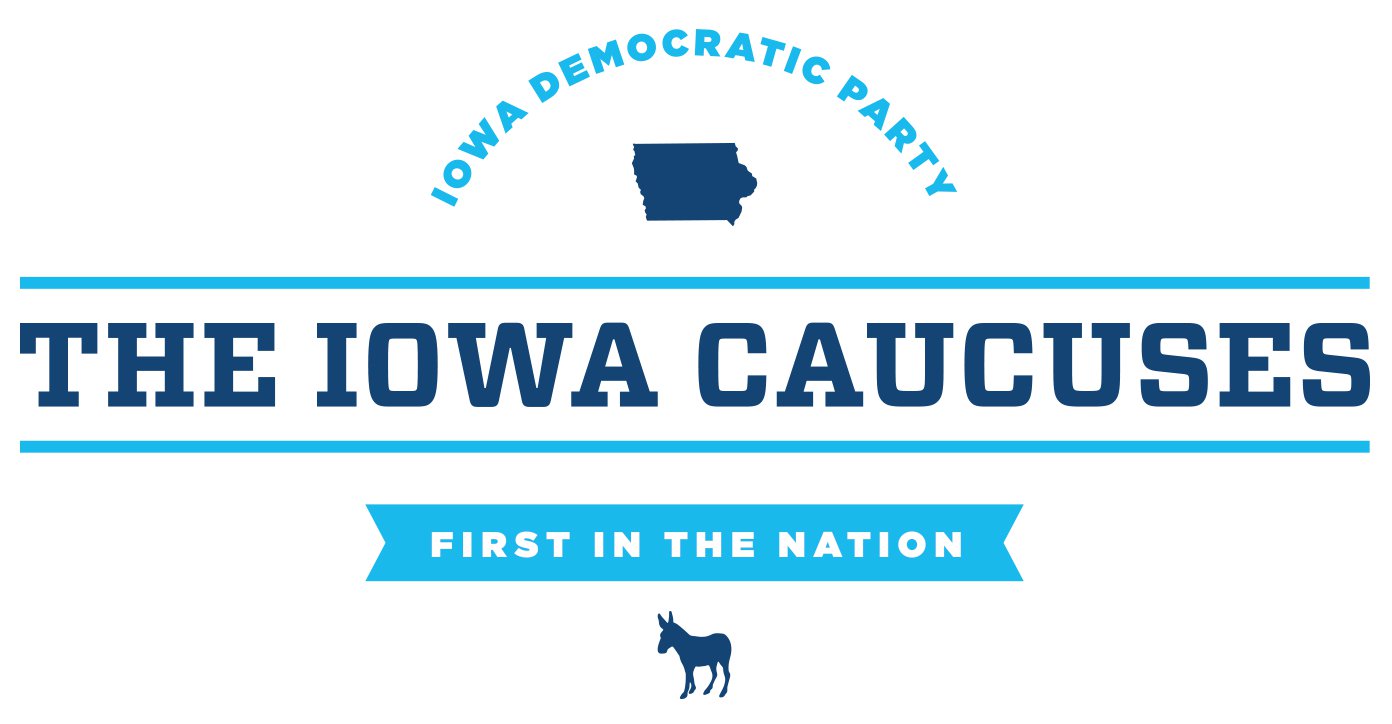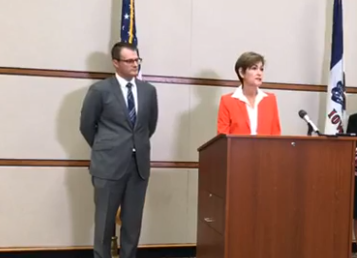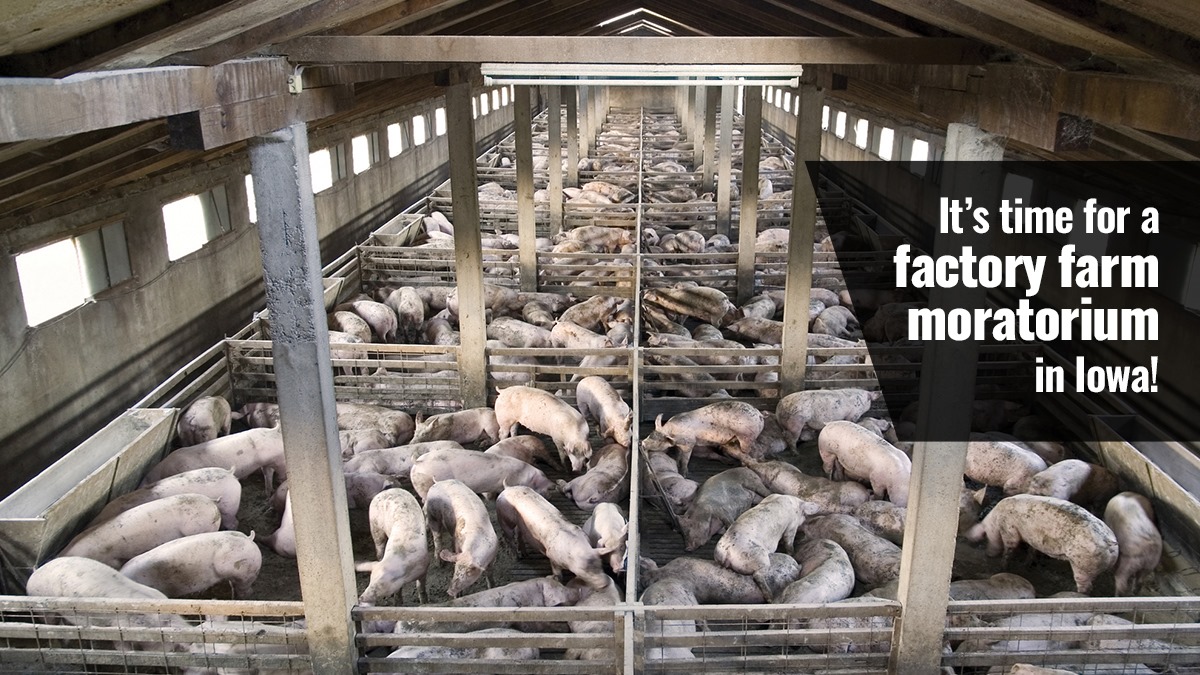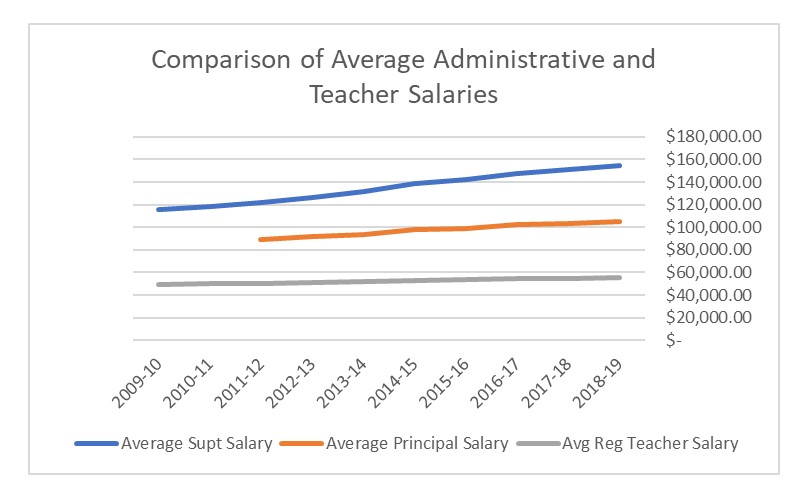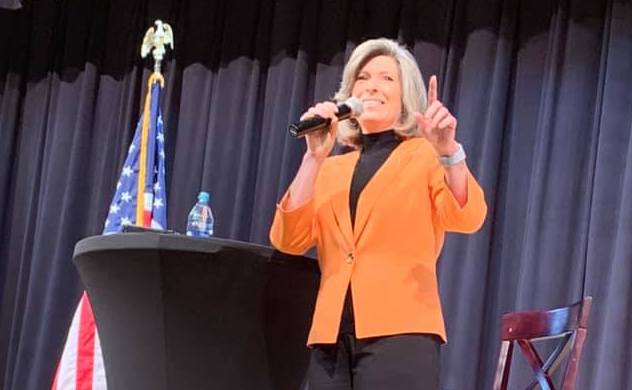Some sobering facts about the bloodbath that was the 2016 election in Iowa:
Donald Trump carried eighteen state Senate districts that had voted for President Barack Obama in 2012.*
Eleven of those eighteen were even-numbered districts, which are on the Iowa ballot in presidential election years.
The four Republicans who already represented Obama/Trump districts all easily won another term in the Iowa Senate.**
But six of the seven Democratic senators up for re-election in Obama/Trump districts lost: Majority Leader Mike Gronstal (Senate district 8), Mary Jo Wilhelm (Senate district 26), Brian Schoenjahn (Senate district 32), Steve Sodders (Senate district 36), Tom Courtney (Senate district 44), and Chris Brase (Senate district 46).
With Republicans now enjoying a 32-18 majority in the upper chamber, Democrats need to win back at least a few Obama/Trump seats next year to have a realistic chance of regaining Iowa Senate control after the next round of redistricting.
Democrats have been actively campaigning in Senate districts 8 and 44 for some time. Now GOP State Senator Jeff Edler has a strong challenger in Senate district 36.
Continue Reading...


